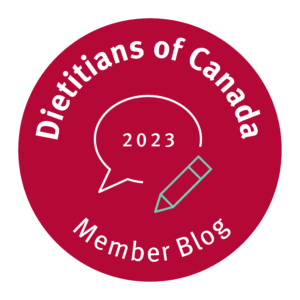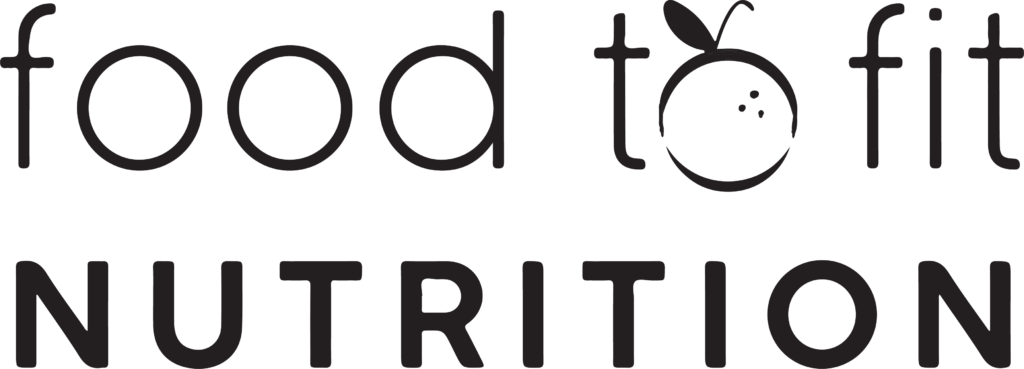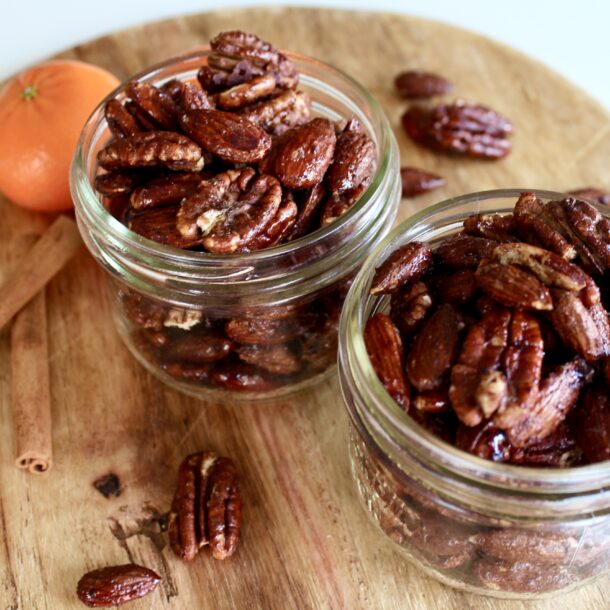
5 Nutrition Strategies to Lower Cholesterol
Written by Jacqueline Stickel, RD
Finding out your cholesterol is high is difficult news to receive, and for or some people it brings up guilt, shame, or frustration. I’m Jacqueline Stickel, a Registered Dietitian with a focus on heart health including cholesterol management. In this blog post I discuss what cholesterol is, how it relates to health, and I have 5 nutrition strategies for managing cholesterol.
What is Cholesterol?
Cholesterol is a type of fat found in your blood. Blood tests can help to identify the balance of cholesterol. Blood tests may include: total cholesterol, low density lipoprotein (LDL), high density lipoprotein (HDL), triglycerides, non-HDL, and ApoB.
- LDL cholesterol (ie “lousy” cholesterol) builds up in blood and sticks to artery walls. We actually need some LDL in our body because it is used for many body functions, such as making new cells. However, there is a fine balance between “just right” and “too much”.
- HDL cholesterol (ie. “healthy” cholesterol) is protective for the heart. It brings excess cholesterol from the blood to the liver for processing, helping to balance LDL cholesterol.
- Triglycerides is a type of fat found in the blood that is also used as energy for your body. High triglyceride levels contributes to cholesterol buildup in your body.
Too much LDL and/or triglycerides circulating in the blood can lead to buildup of fatty deposits in the artery walls called plaque, which increases risk of heart attack and stroke. Other markers that may be used include:
- Non-HDL cholesterol is your total cholesterol minus your HDL cholesterol. It includes all artery-clogging lipoprotein particles. For this reason, it’s considered a more accurate marker than LDL cholesterol alone, for predicting heart disease.
- ApoB represents the total number of plaque-forming particles, since there is one molecule of ApoB on each LDL (and other cholesterol) particles. According to the Canadian Medical Association Journal looking at ApoB in Cardiovascular Risk Assessment (Ahmad, Sniderman, Hegele, 2023), Apo B levels more accurately predict risk of coronary heart disease than levels of LDL cholesterol.
What contributes to High Cholesterol?
Dietary patterns contribute only ~20% of the cholesterol in the body, with the other 80% made by the liver. This means that cholesterol levels are largely determined by genetics and a person’s liver production. However, lifestyle factors that contribute to increased cholesterol include: smoking, physical inactivity, and dietary factors such as alcohol consumption, high consumption of saturated and trans fats, and excess sugar intake.
What are The Treatment Options?
Treatment for high cholesterol includes lifestyle changes and/or medications called statins. The goal is to reduce the risk of heart attack or stroke.
Lifestyle changes involve adjusting dietary intake, increasing physical activity and stopping smoking.
Before deciding on a treatment option, ask yourself, “what is my capacity for making lifestyle changes to lower my cholesterol?” There is no wrong answer, and it’s important to consider your barriers, overall risk, and all treatment options available. Medications are often accessible, and sometimes lifestyle modifications are not going to be effective enough.
Here are 5 Nutrition Strategies to Lower Cholesterol:
1) Have regular meals (and snacks) throughout the day.
Eating regularly supports energy levels and maintains healthy blood cholesterol levels. Also, skipping meals earlier in the day, followed by eating larger meals later in the day to compensate, can raise LDL cholesterol.
- Don’t ignore your hunger.
- Aim to eat every 3-4 hours.
- Plan ahead to take the stress out of meal preparation. Keep it simple, for example, plan 3 supper meals for the coming week.
2) Diversify proteins.
Include a variety of protein sources in your diet. Adding plant-based proteins such as beans, lentils, nuts, seeds, and soy foods improves cholesterol. For example:
- Include even one vegetarian meal each week. Ask friends or family for their favourite non-meat recipes.
- Incorporate roasted chickpeas, edamame beans, or almonds into snacks.
- Make a fruit smoothie using soy milk as your base.
- Add beans or lentils to meat-based dishes. E.g. adding 1/2 cup of canned lentils to beef bolognaise, or chickpeas to a chicken pasta salad.
- Try firm tofu in a stir-fry, or soft tofu blended into a smoothie.
3) Eat foods high in soluble fibre.
Soluble fibre is found in plant foods. Because it is not absorbed in the intestine, it binds cholesterol and removes it from the body. When increasing soluble fibre, do so gradually and drink more water to avoid discomfort and excess bloating. Foods containing soluble fibre include: fruit, vegetables, whole grains, and legumes. For example:
- Fresh or frozen fruit:
- Berries added to cold or hot cereal;
- Frozen fruit added to a smoothie.
- Fruit with cheese, yogurt, or nuts as a snack.
- Fresh or frozen vegetables:
- Raw veggies with dip or hummus.
- Add cucumber and lettuce to sandwiches and wraps.
- Add carrots, broccoli, or peppers to soup or stir fry.
- Add frozen peas to ramen noodles.
- Enjoy a salad with your favourite dressing and toppings.
Whole grains including whole grain bread, oatmeal, barley, and quinoa.
Legumes including soybeans (e.g. tofu, tempeh or edamame beans), beans, lentils or chickpeas. Choose canned options for convenience
4) Eat more unsaturated fats.
Regular intake of unsaturated fats lowers LDL cholesterol. Foods high in unsaturated fat include: oily fish (e.g. salmon, trout, sardines, mackerel, tuna herring), vegetable oils (e.g. olive, canola, sunflower), avocado, and nuts and seeds. For example:
- Include a handful of nuts or 1 tbsp of seeds every day. Add them to hot or cold cereal, waffle or muffin mixes, yogurt, or make a trail mix with dried fruit.
- Eat 5 ounces of fatty fish weekly. This might include canned salmon or tuna. Try our tuna ceviche recipe here.
- Cook most often with olive, canola, or other plant oils and less often with butter.
- Use canola oil in place of butter when making muffins.
5) Reduce alcohol intake.
Alcohol increases total and LDL cholesterol as well as triglyceride levels. Canada’s Guidance on Alcohol and Health recommends reducing alcohol use, and demonstrates the risk for heart attack or stroke is associated with weekly alcohol consumption:
- Low risk for consumption of 2 standard drinks or less per week;
- Moderate risk for consumption of 3 to 6 standard drinks per week; and
- High risk for consumption of 7 standard drinks or more per week. This increases a persons risk of heart attack or stroke significantly.
The good news is that any reduction in alcohol intake lowers health risk.
If you’ve been diagnosed with high cholesterol, know that you’re not alone. A dietitian will help with practical planning that is considerate of your culture, food access, food preferences, and any barriers you face. A dietitian will review your blood work, help you make sense of your cholesterol values, and support your nutrition-related goals or intentions. Book with a dietitian here.
LET'S STAY IN TOUCH
Join our mailing list
Join our newsletter for more non-diet content including practical nourishment, recipes, nutrition myth-busting, and weight inclusive well-being.
Curiosity, self-compassion, food peace. Nutrition assessment, planning, and monitoring + food relationship counseling.
Food to Fit Locations:
#203, 2445 Broad Street
Regina, Saskatchewan
1124 8th Street East
Saskatoon, Saskatchewan
